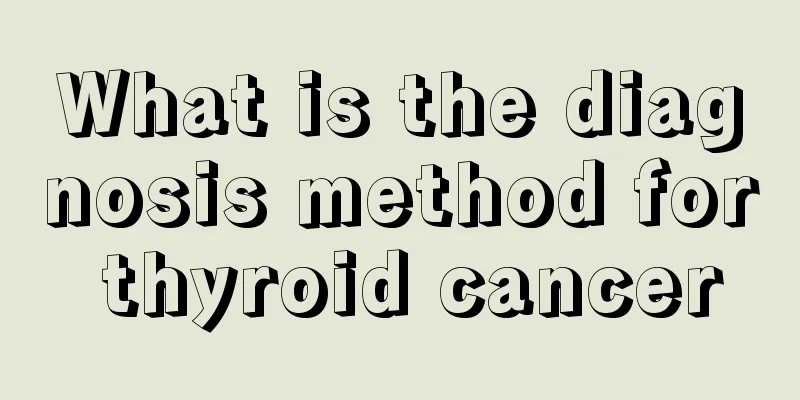What are the early symptoms and signs of colon cancer

|
Early symptoms and signs of colon cancer may include changes in bowel habits, blood in the stool, abdominal pain, weight loss, etc. Early detection and treatment are the key to improving survival rates, and regular screening is recommended, especially for high-risk groups. 1. Changes in bowel habits One of the most common early symptoms of colon cancer is a change in bowel habits. Patients may experience constipation, diarrhea, or both, with a significant increase or decrease in bowel movements. This change may be related to the tumor blocking the intestine or affecting intestinal peristalsis. If bowel habits remain abnormal for more than two weeks, it is recommended to see a doctor as soon as possible. 2. Bloody or black stools Blood in the stool is one of the typical symptoms of colon cancer. The blood may be bright red or dark red, and sometimes appear as black stool. This is caused by ruptured blood vessels or ulcers on the surface of the tumor. Hemorrhoids may also cause blood in the stool, but blood in the stool caused by colon cancer is usually accompanied by other symptoms, such as abdominal pain or weight loss. 3. Abdominal pain or discomfort Patients with colon cancer often feel dull pain, bloating or discomfort in the abdomen. The location of the pain may be related to the location of the tumor. As the tumor grows, the pain may gradually worsen, and even symptoms of intestinal obstruction may occur, such as severe abdominal pain and vomiting. If the abdominal pain persists or worsens, you should seek medical attention immediately. 4. Weight loss and fatigue Unexplained weight loss and fatigue may be early signs of colon cancer. Tumors consume nutrients in the body, causing loss of appetite and malabsorption, which in turn leads to weight loss and fatigue. If weight loss is significant in a short period of time and there is no other obvious reason, you should be alert to the possibility of colon cancer. 5. Anemia Colon cancer may cause chronic blood loss, which can lead to anemia. Patients may experience symptoms such as paleness, dizziness, and fatigue. Anemia is often associated with blood in the stool, but sometimes the blood in the stool is not obvious and can be easily overlooked. A routine blood test during a regular physical examination can help detect anemia. The early symptoms of colon cancer may not be obvious and can be easily overlooked, but early detection and treatment are crucial. It is recommended that people over 40 years old undergo regular colonoscopy examinations, especially those at high risk with a family history of colon cancer. Maintaining a healthy lifestyle, such as a balanced diet, moderate exercise, quitting smoking and limiting alcohol consumption, can also help reduce the risk of colon cancer. If the above symptoms occur, you should seek medical attention in a timely manner and undergo a detailed examination for early diagnosis and treatment. |
<<: Is T2C prostate cancer early stage?
>>: Is it difficult to get pregnant with left ovarian teratoma?
Recommend
Prevention of dental caries
Nowadays, more and more people are suffering from...
What are the early symptoms of glioma
The horror of glioma is self-evident. It will hav...
What is the effect of tanshinone injection
I hope everyone can understand that when using an...
How to sober up after drinking too much rice wine
Huangjiu is a special type of wine in Shanxi Prov...
Yunnan signature dish
We all know that Yunnan is not only a tourist des...
Several methods of detoxification and acne treatment
The appearance of acne not only affects our image...
What is the green bitter water
Vomiting green bitter water is bile, which may be...
Can potassium permanganate be used to wash the vulva?
In daily life, many women have experienced exogen...
What is the reason for lower back pain and swollen eyes
Many people often suffer from low back pain, whic...
What to do if my eyebrows are thick in the front and thin in the back
In daily life, many of us have problems with our ...
The efficacy and function of Isatis root granules
Many people often take some medicine when they fe...
What to do if chickens get avian flu
In recent years, human infection with avian influ...
Diagnosed with lung cancer, want to know what to do next for treatment
After being diagnosed with lung cancer, patients ...
Can snails and watermelons be eaten together
Snails have good nutritional value and are very d...
The reason why liver cancer is difficult to detect early
Many people want to know why liver cancer is diff...









